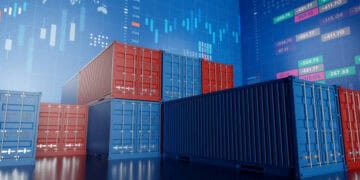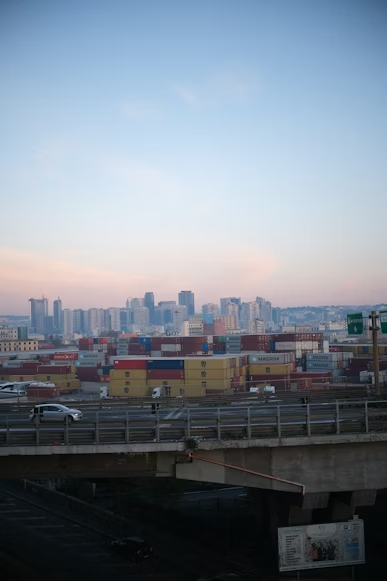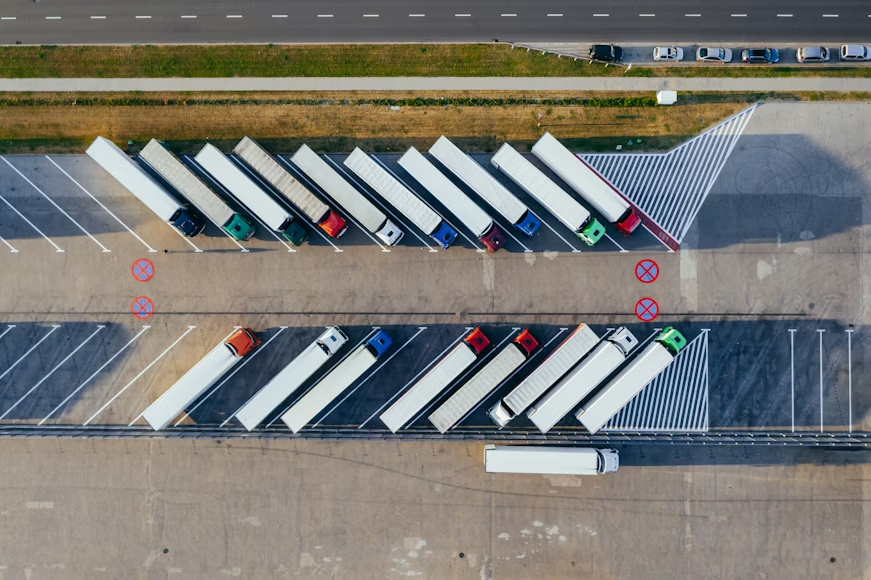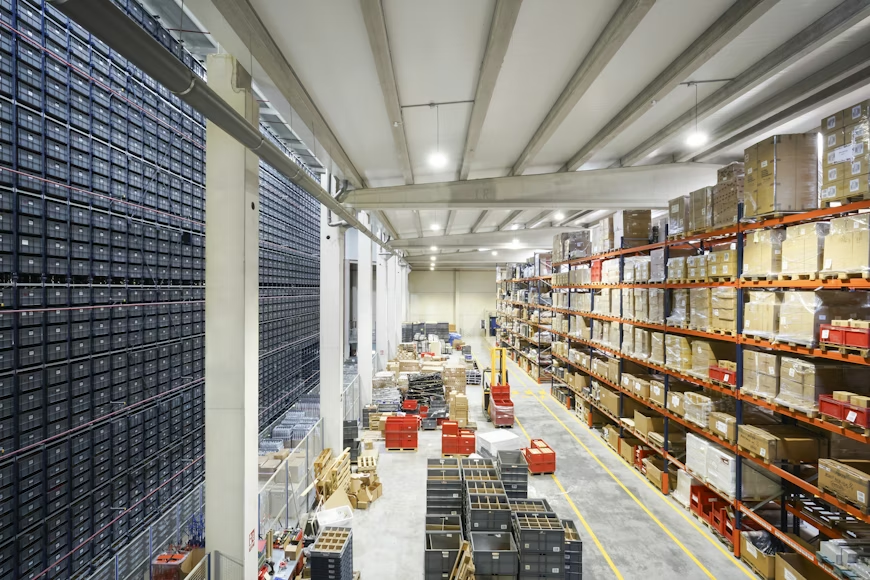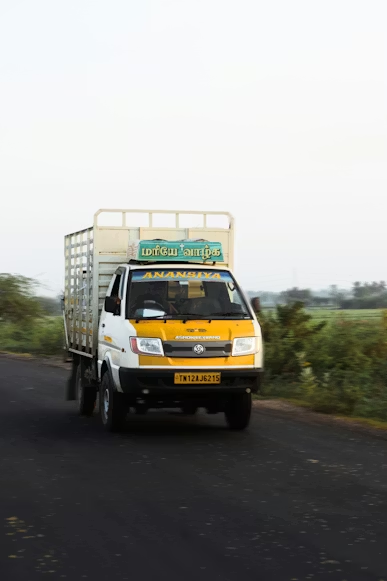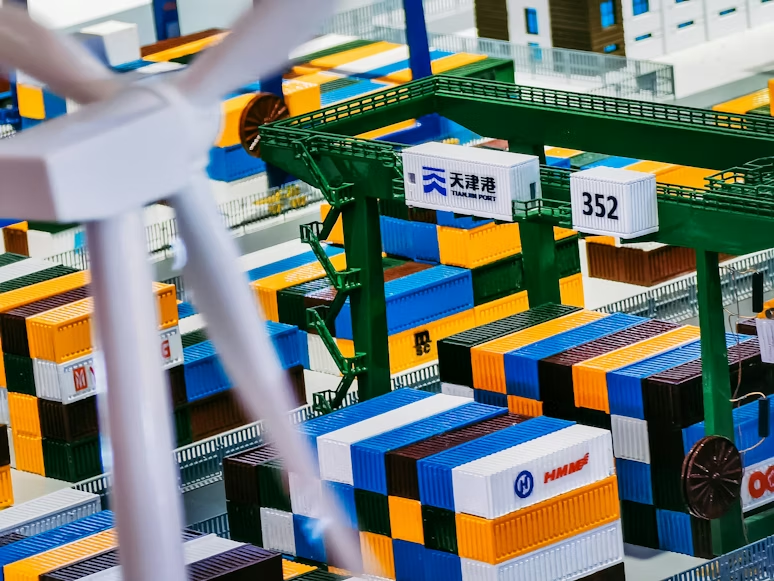The mid-year report on trade-related developments released by the World Trade Organization (WTO) highlights the ongoing efforts of WTO members to facilitate imports and exercise restraint in the use of trade-restrictive measures from mid-October 2022 to mid-May 2023. Despite these efforts, export restrictions on food, feed, and fertilizers persist, impacting global supply stability and price fluctuations.
The report, presented during a Trade Policy Review Body meeting on July 27, arrives during a period of multiple global challenges, including the ongoing conflict in Ukraine, climate change-related events, elevated food and energy prices, inflation, and the continuing consequences of the COVID-19 pandemic.
The data reveals an increase in the implementation of new export restrictions by WTO members since 2020, primarily driven by the pandemic and the conflict in Ukraine. As of July 14, 2023, out of the 104 export-restrictive measures on food, feed, and fertilizers introduced since February 2022, 59 measures remain in place, covering approximately USD 24.5 billion in trade, down from 63 in mid-May 2023.
During this review period, WTO members introduced 182 trade-facilitating and 110 trade-restrictive measures on non-pandemic-related goods. The majority of trade-facilitating measures pertained to imports, while most trade-restrictive measures related to exports. This period marked the third instance since 2009 where new export restrictions outpaced import restrictions.
The report notes that the trade coverage of trade-facilitating measures introduced during this period was estimated at USD 703.7 billion, a decrease from the previous report’s USD 1,160.5 billion. Conversely, the trade-restrictive measures’ trade coverage stood at USD 110.5 billion, down from USD 278.0 billion.
Import restrictions remained a significant aspect of global trade, with no significant reduction in existing measures observed. By the end of 2022, approximately 9.2% of global imports were affected by import restrictions introduced since 2009 and still in effect.
The report also highlights a decline in the initiation of trade remedy investigations by WTO members in 2021 and 2022, while the number of terminations of trade remedy actions increased. Trade remedy actions continued to be a crucial trade policy tool, constituting 30.6% of non-COVID-19-related trade measures on goods. Anti-dumping measures remained the most frequently employed trade remedy action.
The significant decrease in trade remedy initiations could be attributed to various factors, such as a focus on ensuring well-stocked territories amid global crises, like the pandemic and the conflict in Ukraine, potentially affecting the use of trade remedies.
Regarding services, most of the 74 new measures introduced during the review period were trade-facilitating, with various sectors affected, including telecommunications, financial services, business services, health, tourism, travel, and transport services.
WTO members also implemented several new economic support measures, including environmental impact reduction programs, renewable energy production schemes, and support for energy efficiency and decarbonization, as well as clean and renewable energy projects. Support programs for the agricultural sector were also introduced.
While the implementation of new COVID-19 trade-related measures declined, a majority of the measures were trade-facilitating, consisting of reductions in customs duties, terminations of existing measures, or amendments of others. By mid-May 2023, 83.7% of export restrictions related to COVID-19 had been rolled back, leaving 21 restrictions in place.
No new COVID-19-related services measures were reported by WTO members, but several measures introduced in 2020 remain in effect. Since the start of the pandemic, 156 COVID-19-related services measures were identified, with 22 reported as terminated by mid-May 2023. The number of new COVID-19-related support measures to mitigate the social and economic impacts of the pandemic declined significantly.
Stay informed on supply chain news at The Supply Chain Report. Free international trade tools are at ADAMftd.com.
#WTO #TradePolicy #GlobalTrade #ExportRestrictions #FoodSecurity #SupplyChainStability #TradeMeasures #UkraineConflict #ClimateChange #Inflation #PandemicImpact #TradeFacilitatingMeasures #ImportRestrictions #AntiDumping #RenewableEnergy #AgricultureSupport #EconomicRecovery #GlobalSupplyChain #TradeReview #WTOReport
